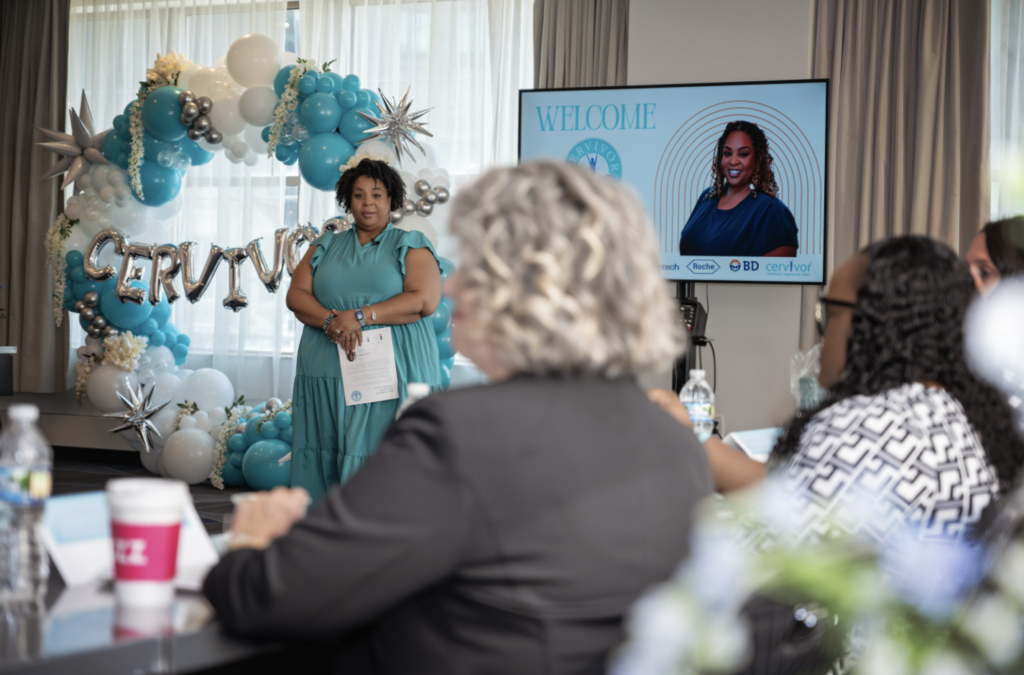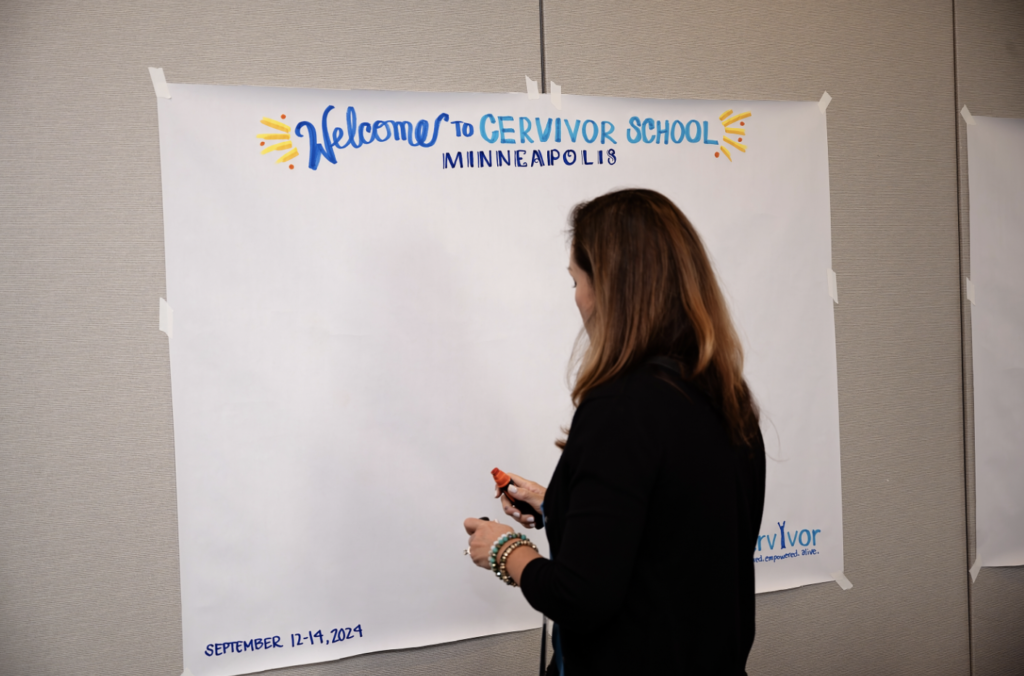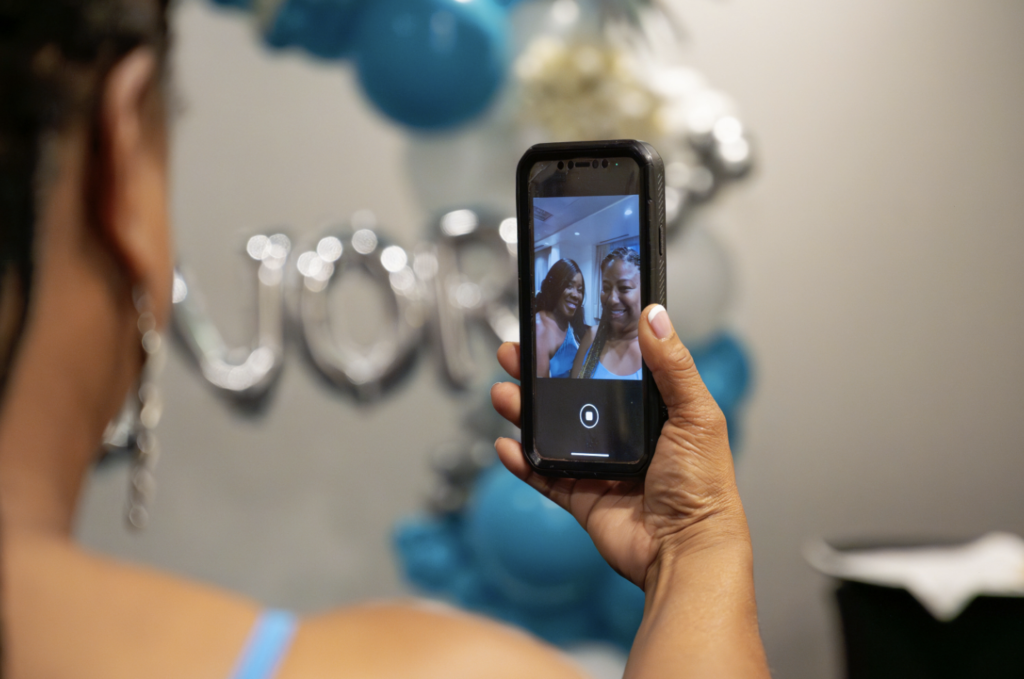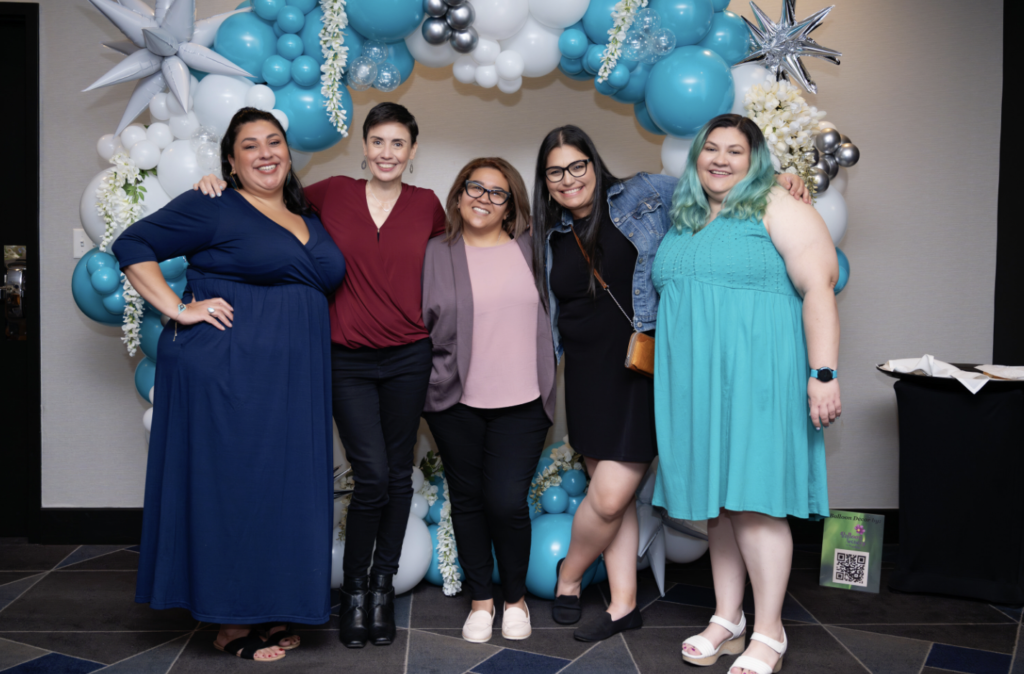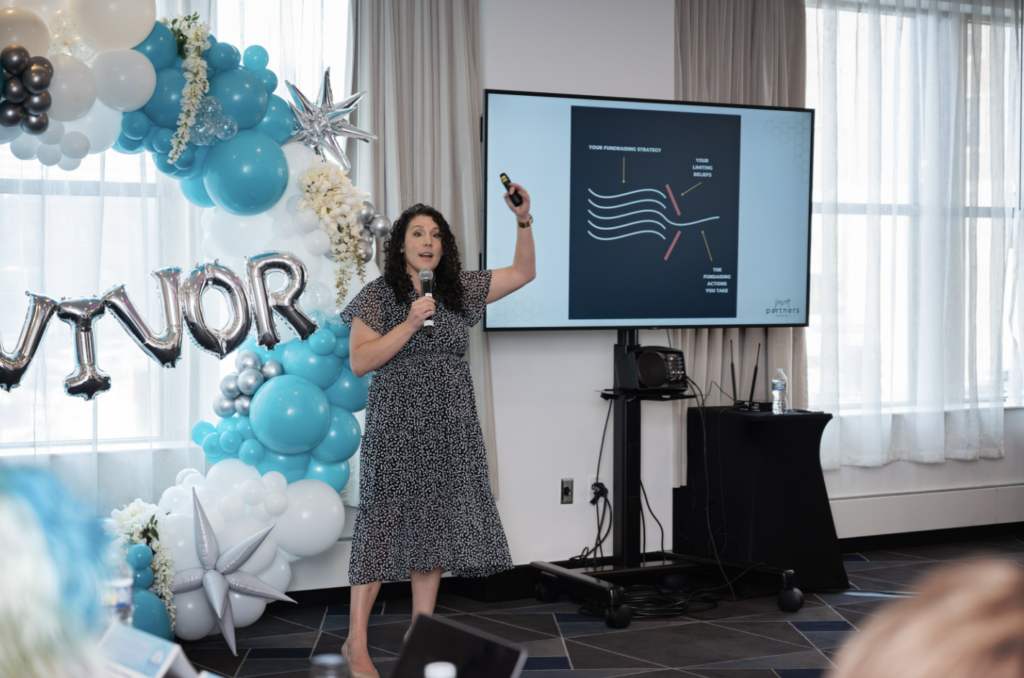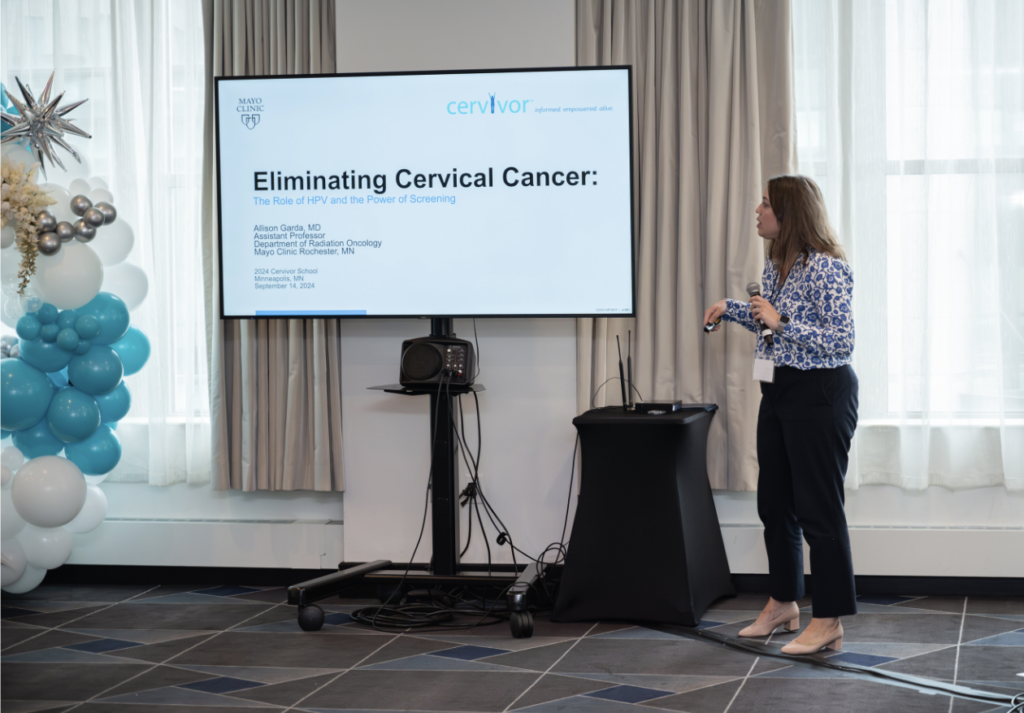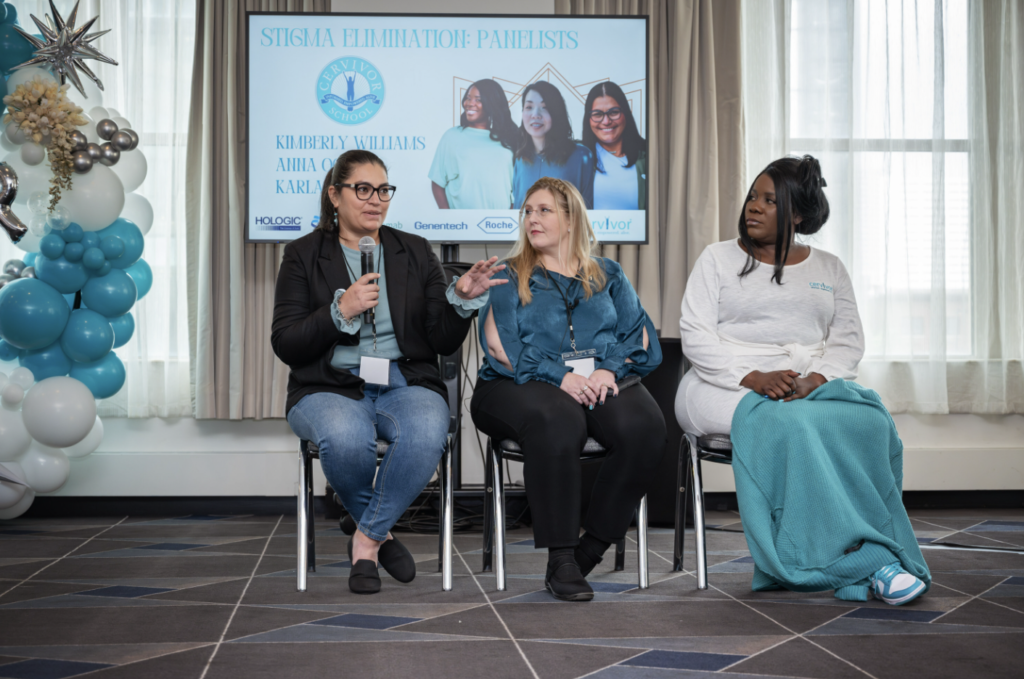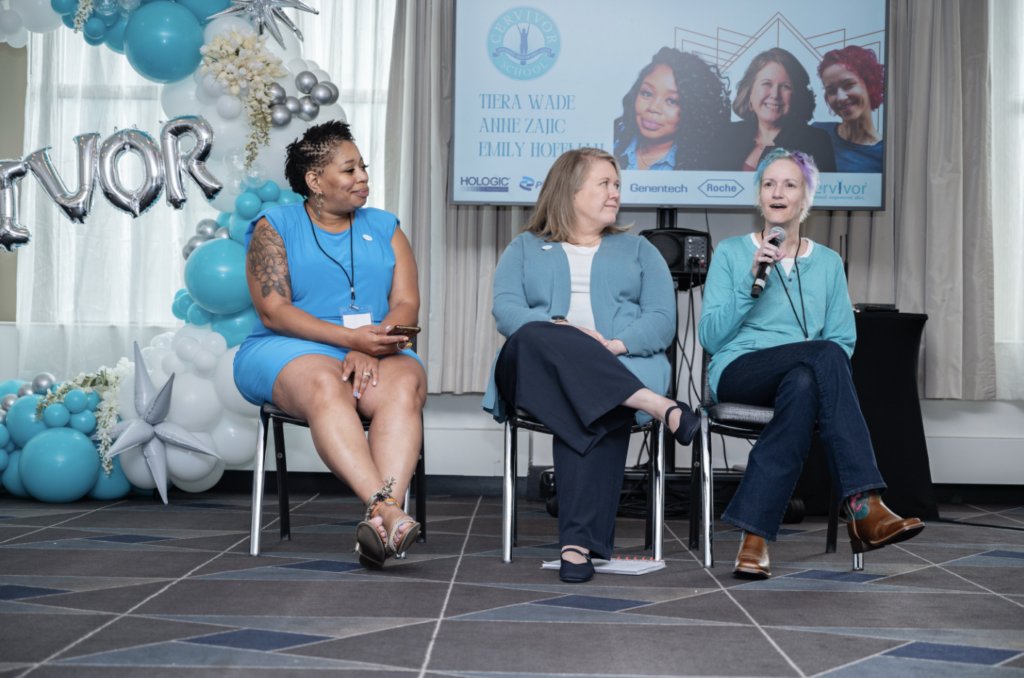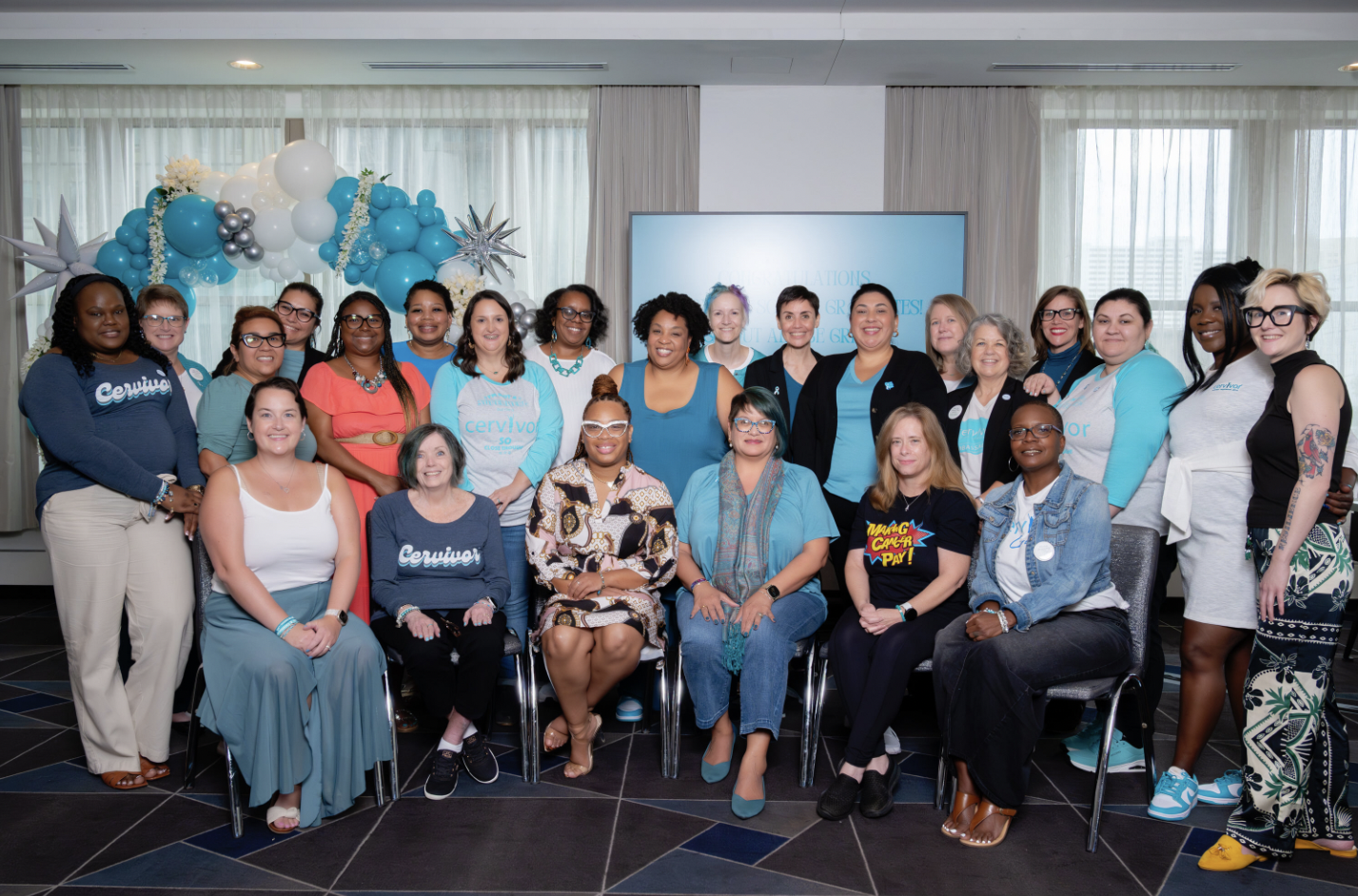As Hispanic Heritage Month ends, I find myself reflecting not just on our vibrant culture and history but also on an issue that deeply affects our community—cervical cancer. This preventable disease continues to claim the lives of too many Latinas, both in the United States and across Latin America. As a survivor, advocate, and member of the Cervivor community, this is personal to me, and it’s personal to so many of us.
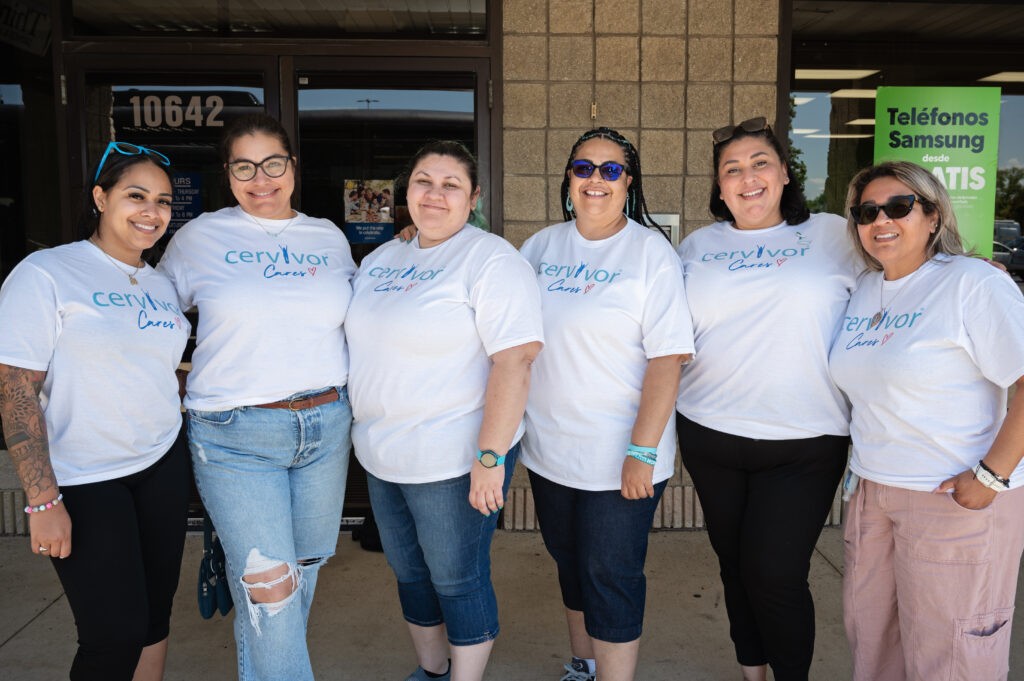
Cervical cancer is one of the few cancers that can be prevented through vaccines and regular screenings like Pap tests and HPV tests. Yet, Hispanic women in the U.S. face alarming disparities when it comes to this disease. We are diagnosed with cervical cancer at higher rates than non-Hispanic women and are more likely to die from it. The reasons for these inequities are complex, but they are deeply rooted in unequal access to healthcare, language barriers, lack of information, and cultural stigmas.
The Disparities We Face
Did you know that Hispanic women in the U.S. are 40% more likely to be diagnosed with cervical cancer than non-Hispanic white women? And tragically, we are 26% more likely to die from it. This isn’t because the disease is more aggressive in our community—it’s because many of us aren’t getting the preventive care we need. Whether it’s due to lack of insurance, language barriers, or even the stigma surrounding gynecological health, too many Latinas are falling through the cracks.
Gilma Pereda, a fellow Cervivor Ambassador, puts it perfectly: “Cervical cancer affects many Latinxs in the U.S. This illness is pretty much preventable with vaccination and regular screenings. Still, many people don’t have enough information to care for their health properly.”
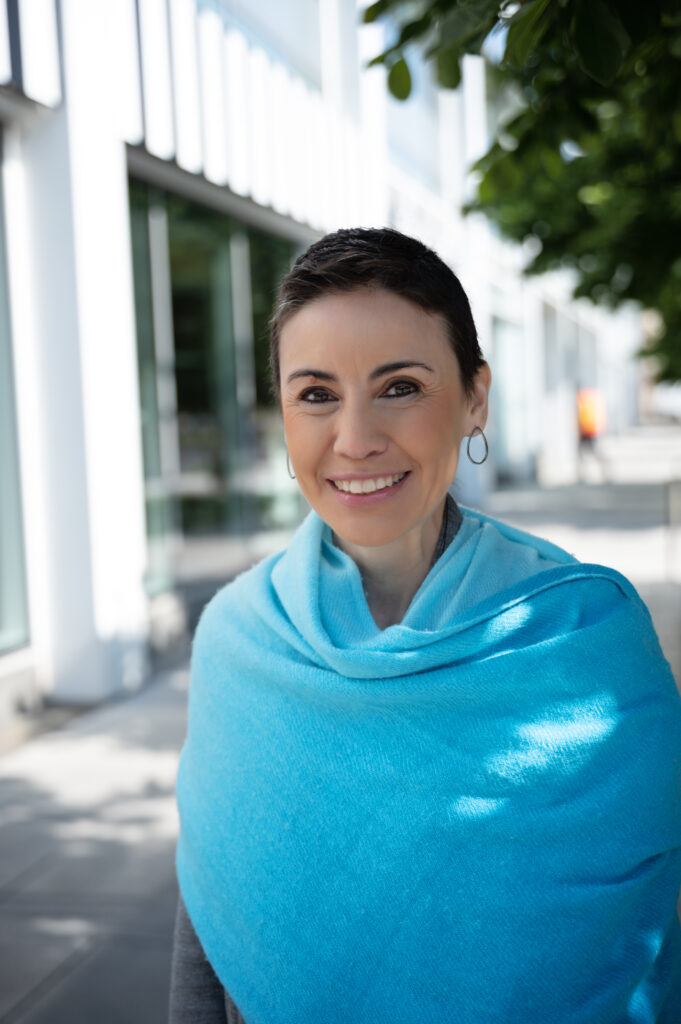
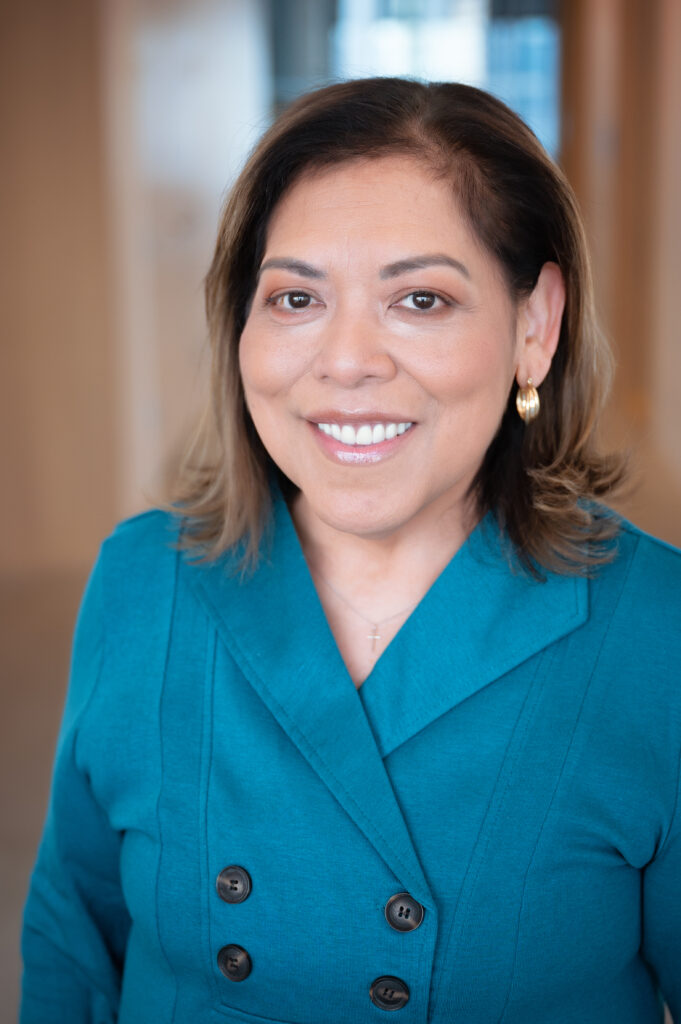
Patti Murrillo-Casa, another Cervivor Ambassador, emphasizes the importance of advocacy: “It gives me the opportunity to give a voice to the voiceless, especially those who are underrepresented.”
This lack of information and access to care is something we must change—not just for ourselves, but for future generations. Our community faces unique challenges, and many of us don’t feel comfortable talking about things like HPV or cervical cancer. But these conversations are crucial if we want to save lives. Our mission is clear: we need to bring education and awareness to every corner of our community, in every language, and through every platform.
The Power of Prevention
What makes this so heartbreaking is that cervical cancer is largely preventable. The HPV vaccine can protect against the virus that causes cervical cancer, and regular Pap tests and HPV tests can catch abnormal cells before they become cancerous. Yet, many women in our community don’t know this. The lack of education and language barriers are major issues that prevent the information from getting out, compounded by the stigma in our community.
Yvette Torres, shares: “I advocate because I’m still here!! After being diagnosed 11 years ago, I want to help end cervical cancer and educate others by sharing my story.”
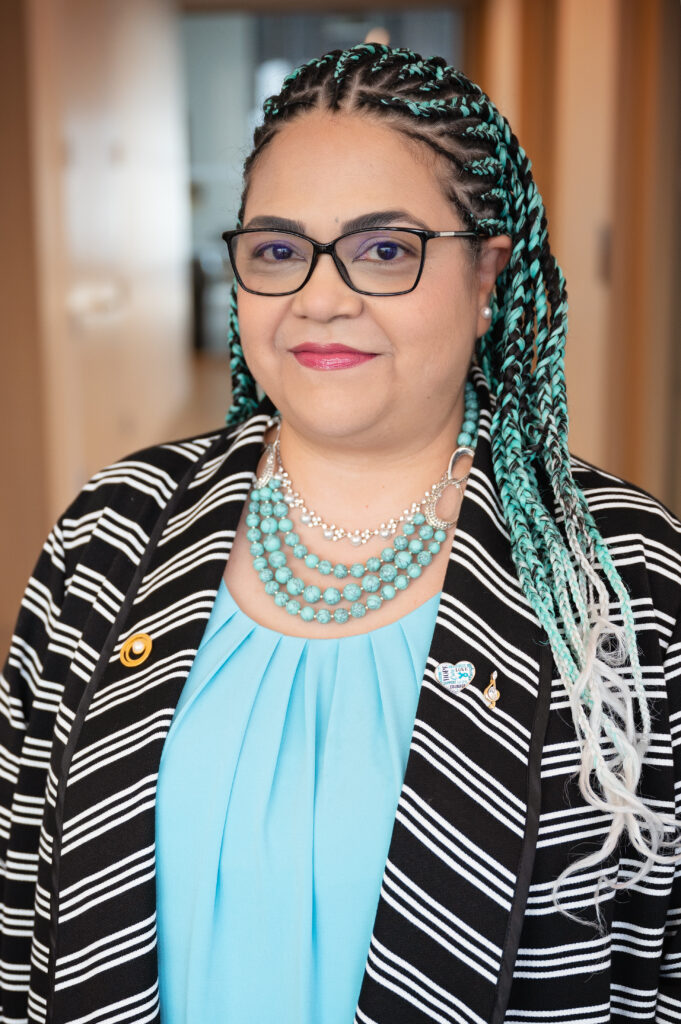
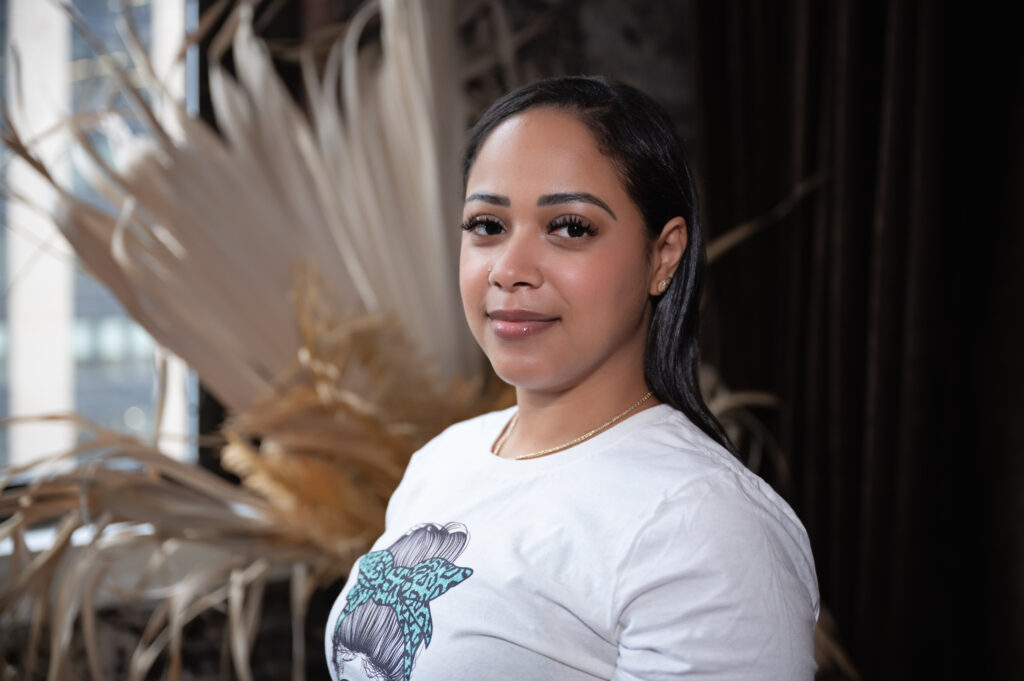
Dulcely Tavarez brings a different perspective to this: “I promote cervical cancer prevention to help ensure that other women can maintain their chances of motherhood.”
This passion and determination reflect the heart of our advocacy. We are survivors, and we share our stories because we don’t want anyone else to feel alone on this journey. For many women, cervical cancer doesn’t just threaten their lives—it can also take away their ability to have children. These words remind us of what’s at stake.
Ending the Stigma
One of the biggest barriers we face in the Hispanic community is the stigma around cervical cancer and HPV. Many of us grew up in households where talking about sexual health was taboo, and for some, the idea of getting an HPV vaccine or a Pap test feels uncomfortable or even shameful. But here’s the truth: HPV is incredibly common, and getting tested or vaccinated isn’t something to be ashamed of—it’s a form of self-care, a way to protect yourself and your loved ones.
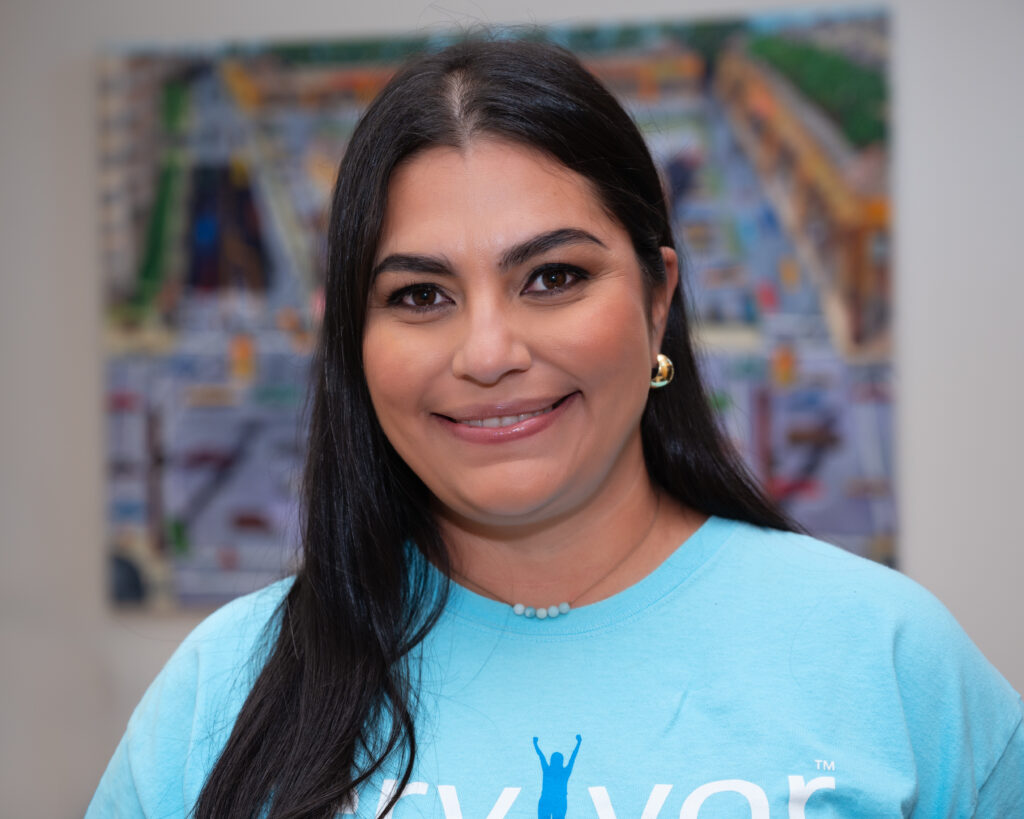
I’ve experienced this firsthand. As a survivor, I’ve seen the way stigma and fear can prevent women from getting the care they need. But I’ve also seen the power of community, of sharing our stories and breaking the silence. That’s why I advocate: because I don’t want my story to repeat itself in others. I don’t want anyone to feel alone.
A Call to Action
So, what can we do? First and foremost, if you have a cervix, make sure you’re getting your regular cervical cancer screenings. These screenings can literally save your life. The HPV vaccine is safe, effective, and a powerful tool in preventing cervical cancer. Talk to your doctor about getting vaccinated.
For healthcare providers, we need you to help break down the barriers that prevent our community from accessing care. Provide information in Spanish, offer culturally sensitive care, and work to make sure that every woman—regardless of her background—feels safe and empowered to take control of her health.
And for everyone else, let’s end the stigma. Talk about cervical cancer. Talk about HPV. Share your story or information with your friends, your family, and your community. The more we normalize these conversations, the more lives we can save.
KARLA CHÁVEZ, a civil engineer and amigurumi enthusiast from Honduras, is a seven-year cervical and thyroid cancer survivor and proud ostomate. As a Cervivor Ambassador and co-lead of the Cervivor Español community, Karla is dedicated to making a difference for women both in her country and globally. She was honored with the 2020 Brittany Wagner Social Media Advocacy Award and was named a Cervivor Champion in 2022. Karla represents Cervivor, Inc. on the World Health Organization (WHO)’s Advisory Panel for Living Recommendations and Systematic Reviews on Screening and Treatment to Prevent Cervical Cancer.
